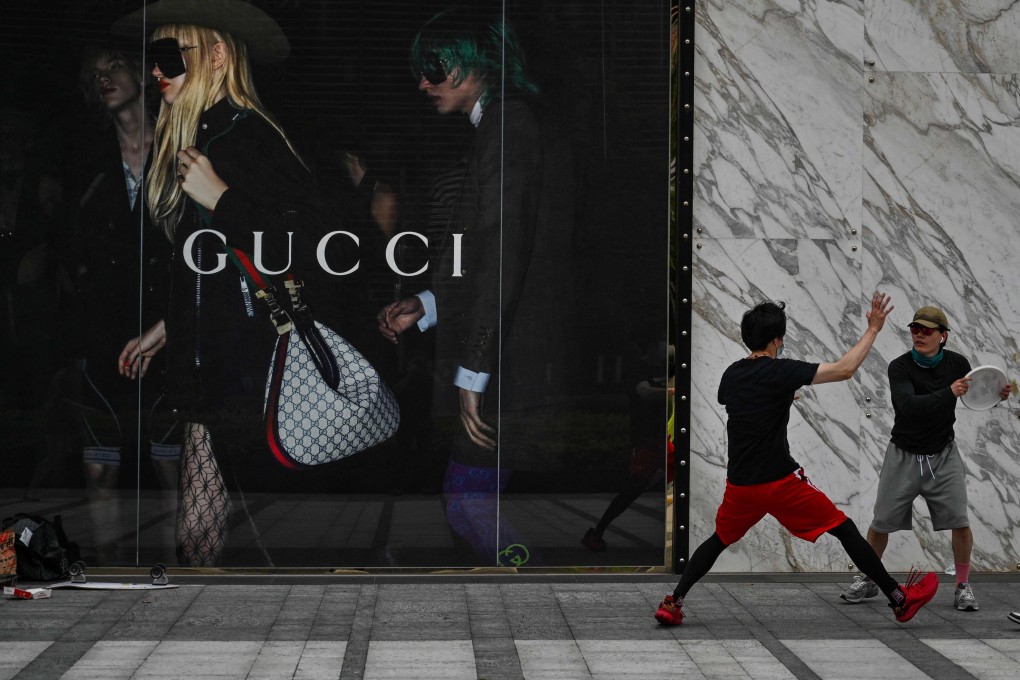Advertisement
Hong Kong slips one place to fourth most expensive city for luxury spending as hotel rates take a huge hit from pandemic, Julius Baer report finds
- Hong Kong loses third place to Taipei as a plunge in hotel rates undermined average luxury lifestyle costs
- Shanghai, meanwhile, cemented its place at the top of the table with a 38 per cent increase in hotel prices as domestic tourism rebounded
Reading Time:2 minutes
Why you can trust SCMP
4

Hong Kong has slipped one place to become the fourth most expensive city on the planet for luxury goods and services, according to a report released by Swiss private bank Julius Baer on Wednesday.
A sharp drop in hotel room prices as the pandemic barred the way for big-spending foreign tourists dragged the city down below Shanghai, London and Taipei.
Hong Kong’s hospitality industry suffered a 39 per cent fall in average hospitality prices as the ferocious fifth wave of Covid-19 kept visitors at bay this year.
Advertisement
Shanghai, meanwhile, cemented its place at the top of the table with a 38 per cent increase in hotel prices as mainland China’s domestic tourists numbers expanded 12.8 per cent last year.
“Hong Kong hotels and a lot of other services have lacked external demand because of the strict anti-Covid measures,” said Kenny Ng, an equity strategist in Hong Kong at Everbright Securities International. Ng said the decline of tourists from mainland China was the main reason Hong Kong’s hotel sector is in the doldrums.
Advertisement
Advertisement
Select Voice
Choose your listening speed
Get through articles 2x faster
1.25x
250 WPM
Slow
Average
Fast
1.25x
